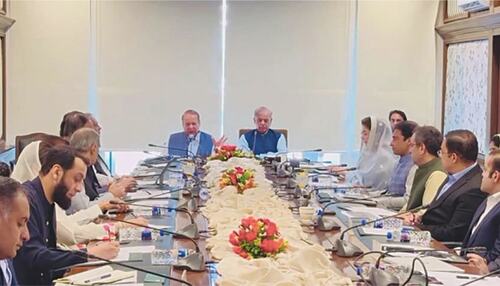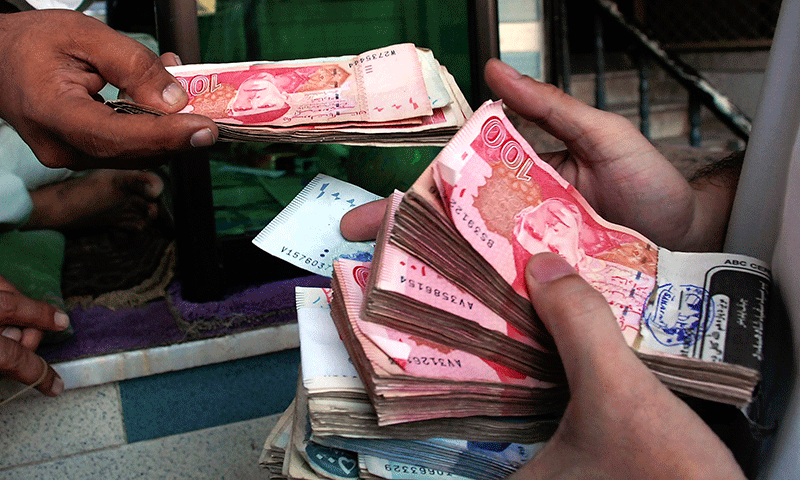
ISLAMABAD: Textile and clothing exports contracted by 3.09 per cent in the first month of FY25, indicating that the sector may struggle to compete with regional rivals due to the implementation of harsh taxation measures in the current fiscal year.
According to the Pakistan Bureau of Statistics data issued on Thursday, the impact of the new tax measures and the highest-ever energy costs is evident in the July export results.
The decline in exports of textiles and clothing, which had the largest share of over 60pc in total exports for the second consecutive month after a negative growth of 0.93pc in June, was due to the government’s announcement of export-biased measures in its recent budget, which the top textile exporters opposed.
The exports rebounded significantly in May, growing by double digits after slowing in the previous two months.
Costly energy, high taxes contribute to downturn
Textile and clothing exports have stayed the same in the last two years despite having a $25 billion installed capacity. According to textile exporters, exports from the same sectors have been static for the past two years due to structural issues.
In absolute terms, the textile and clothing exports fell to $1.27bn in July from $1.31bn over the corresponding month of last year. On a month-on-month basis, exports dipped 10.13pc.
The government has introduced various measures, including increasing the tax rate on exporters’ personal income in 2024-25. The impact of these measures will be visible in the coming months.
The PBS data showed exports of readymade garments rose 7.57pc by value in July and 8.47pc by quantity, while knitwear dipped 1.88pc by value and 6.37pc by quantity. Bedwear posted a negative growth of 1.20pc in value and a growth of 4.07pc in quantity.
Towel exports dipped 3.67pc in value and 2pc in quantity in July, whereas cotton cloth went down by 0.56pc in value and 4.72pc in quantity, respectively.
Yarn exports dipped by over 42.54pc in July over the same month last year. The exports of made-up articles, excluding towels, declined by 5.84pc, and tents, canvas and tarpaulin went up by 14.22pc in July from a year ago.
The import of synthetic fibre posted a negative growth of 33.23pc in July and that of synthetic and artificial silk yarn by 17.68pc.
However, other textile items increased by 53.20pc during the year under review. The import of raw cotton declined by 20.60pc in July. However, the import of second-hand clothes posted a growth of 13.47pc. In July, total exports increased by 11.75pc to $2.31bn, up from $2.06bn in the same month last year.
Oil imports
Oil imports increased by 60pc to $1.26bn in July from $0.791bn a year ago. The imports of petroleum products surged 39.94pc in value and 36.89pc in quantity. Crude oil imports increased by 626pc in quantity while the value increased by 687pc.
Mobile phones
Mobile phone imports dipped 5.30pc in July, representing the largest share of overall machinery. Other mobile apparatus grew 69.45pc during the month under review.
The decrease in mobile phone imports will be a significant development in the government’s efforts to secure foreign exchange for the country.
Published in Dawn, August 16th, 2024













































